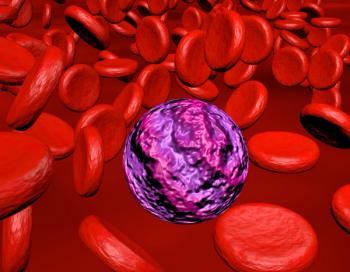
Treatment with gilteritinib, compared with salvage chemotherapy, improved overall survival in patients with relapsed/refractory FLT3 mutation–positive acute myeloid leukemia, according to a planned interim analysis of a phase 3 trial.

Your AI-Trained Oncology Knowledge Connection!


Treatment with gilteritinib, compared with salvage chemotherapy, improved overall survival in patients with relapsed/refractory FLT3 mutation–positive acute myeloid leukemia, according to a planned interim analysis of a phase 3 trial.
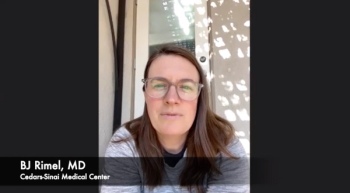
Rimel, of the Cedars-Sinai Medical Center, focused her attention on the main takeaways to come out from the 2021 Society of Gynecologic Oncology Annual Meeting on Women’s Cancer.

The FDA approved a revised label for daunorubicin/cytarabine to treat newly-diagnosed therapy-related acute myeloid leukemia (AML) or AML with myelodysplasia-related changes (AML-MRC) in pediatric patients aged 1 and older.
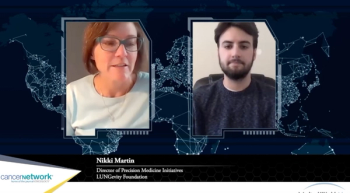
CancerNetwork® spoke with Nikki Martin of the LUNGevity Foundation regarding the “No One Missed” campaign working to provide education and awareness to patients with lung cancer.
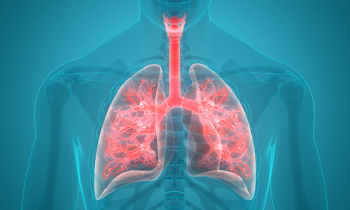
The agent annamycin, which offers the potential to fulfill unmet medical needs of traditional anthracyclines, has been granted fast track designation for the treatment of soft tissue sarcoma lung metastases.

The FDA’s Oncologic Drugs Advisory Committee voted in favor of waiting for additional event-free survival data to become available before making a regulatory decision regarding a biologics license application for pembrolizumab in early triple-negative breast cancer.

An investigational KRAS G12C inhibitor for treating patients with non–small cell lung cancer demonstrates high response rates in pretreated disease and infers viability of this therapy approach.

Mehmet Sitki Copur, MD, discussed his article in the Journal ONCOLOGY® focusing on COVID-19, messenger RNA vaccines, and the excitement surrounding its integration into the future of cancer treatment.

Take a look back at some of the important news and notes from last week in the world of oncology, featuring news about prostate cancer, breast cancer, precision medicine, and gynecologic cancers.

Based on results of a cohort study that examined randomized clinical trials in 3 times periods, it is evident that efficacy measures and funding sources have dramatically changed over time.

Follow-up of 4.8 years to a phase 1 trial demonstrated that deep and durable responses are attainable in a large cohort of children and young adult patients with B-cell acute lymphoblastic leukemia who were treated with CD19-directed CAR T-cell therapy followed by allogeneic hematopoietic stem cell transplantation.
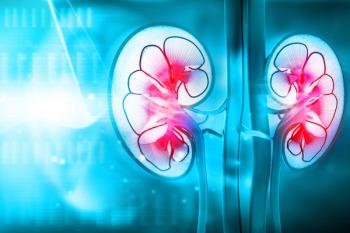
Data from JAMA Oncology concluded that patients with a high BMI treated with PD-1/PD-L1–based immune checkpoint inhibitors for mRCC have higher overall survival rates than those with a low BMI.

Data from The Lancet Oncology found that higher-dose radiotherapy of 60 Gy for patients with small cell lung cancer resulted in survival benefit while maintaining the toxicity profile compared with a radiotherapy at a dose of 45 Gy.
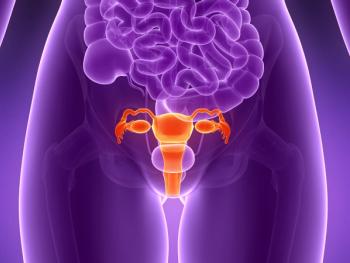
Patients with heavily pretreated vulvar squamous cell carcinoma experienced responses with pembrolizumab monotherapy in a nonrandomized phase 2 trial, regardless of PD-L1 status.
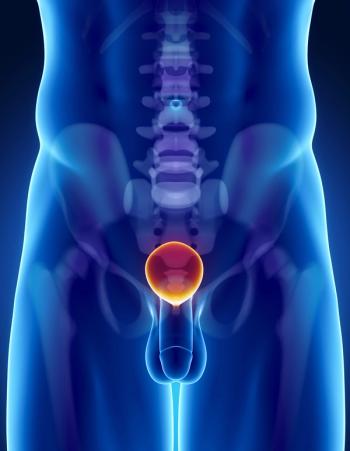
During a presentation at the 14th Annual New York GU Interdisciplinary Prostate Cancer Congress® and Other Genitourinary Malignancies, Scott T. Tagawa, MD, reviewed important findings related to radium-223 and its use in patients with castration-resistant prostate cancer.
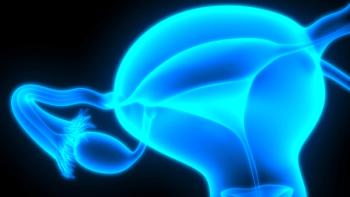
A presentation from the Society of Gynecologic Oncology 2021 Virtual Annual Meeting on Women’s Cancer highlighted data investigating the combination of ixabepilone and bevacizumab compared with ixabepilone monotherapy.
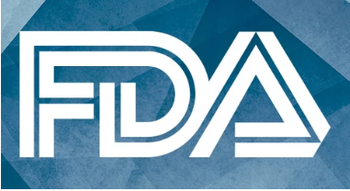
The approval of idecabtagene vicleucel was supported by results from the phase 2 KarMMa trial, which evaluated the safety and efficacy of idecabtagene vicleucel (ide-cel) in patients who had received at least 3 prior regimens and were refractory to their last regimen per IMWG criteria.
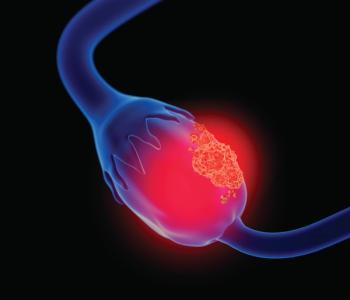
Data presented at the Society of Gynecologic Oncology 2021 Annual Meeting on Women’s Cancer found a statistically significant benefit with fuzuloparib maintenance therapy compared with placebo for patients with platinum-sensitive, recurrent ovarian cancer.
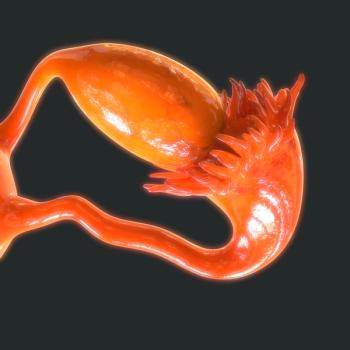
HIPEC of paclitaxel and cisplatin during surgical debulking of advanced epithelial ovarian cancer appears to be superior to cisplatin alone, according to findings from a single-institution study.

At the New York GU 14th Annual Interdisciplinary Prostate Cancer Congress® and Other Genitourinary Malignancies, Phillip J. Koo, MD, discussed the recommendations issued for the early detection of metastatic prostate cancer using next-generation imaging.
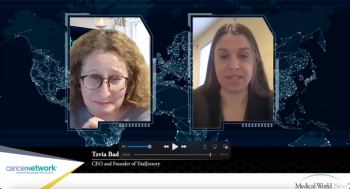
CancerNetwork® spoke with Tzvia Bader about barriers between patients and appropriate clinical trials and how to combat these issues.

In addition to promising effects on tumor progression risk, apatinib added to doxorubicin for ovarian cancer in certain settings increased overall response rate versus single-agent doxorubicin.
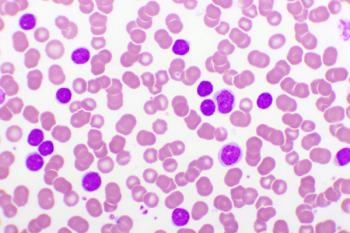
GT Biopharma announced updated data focusing on its therapeutic candidate, GTB-3550, to treat certain patients with myelodysplastic syndromes and acute myeloid leukemia.
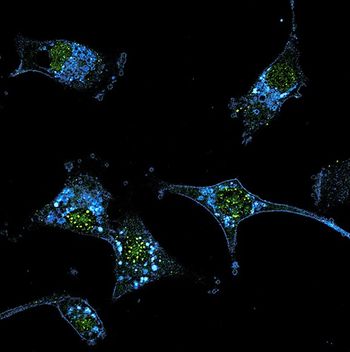
When compared against nivolumab alone, relatlimab plus nivolumab delayed progression in patients with unresectable stage III and IV untreated melanoma.
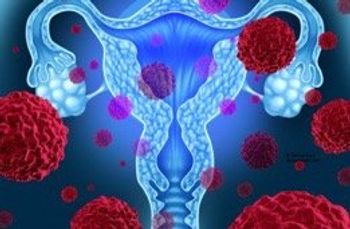
The androgen receptor inhibitor enzalutamide, an approved therapy for certain types of prostate cancer, has shown activity for the treatment of patients with recurrent or advanced endometrioid endometrial cancer.

Hardesty detailed her expectations for the focus of the conference and the exciting topical opportunities presented this year’s SGO Annual Meeting compared with past years.
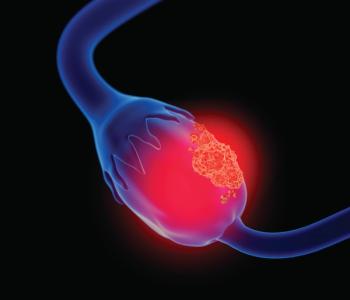
Five-year follow-up data from the SOLO-1 trial continue to show progression-free survival benefit of olaparib as maintenance therapy following platinum-based chemotherapy in the frontline setting for ovarian cancer.

Pyrotinib plus capecitabine to treat patients with HER2-positive metastatic breast cancer saw a statistically significant improvement in progression-free survival.
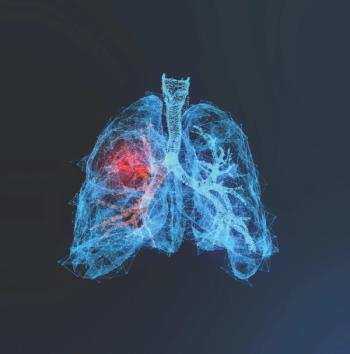
The Virtual Nodule Clinic artificial intelligence–powered clinical decision support tool was cleared by the FDA for detection of early-stage lung cancer in lung nodules detected by a CT scan.
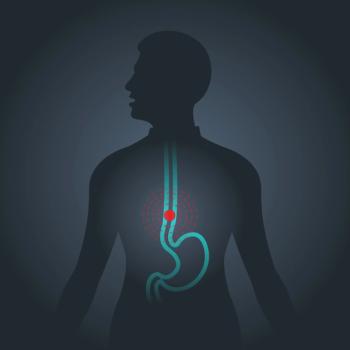
The phase 3 CheckMate 577 trial is the first to show a checkpoint inhibitor in the adjuvant setting after trimodality therapy demonstrate a statistically significant and clinically meaningful improvement in disease-free survival in patients with resected esophageal and gastroesophageal junction cancer.